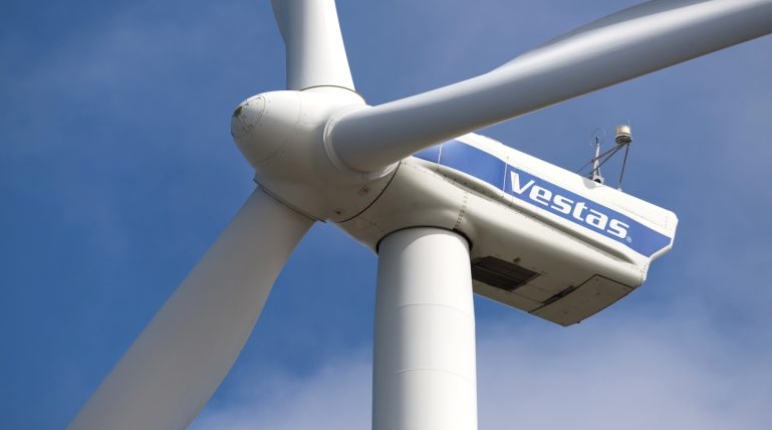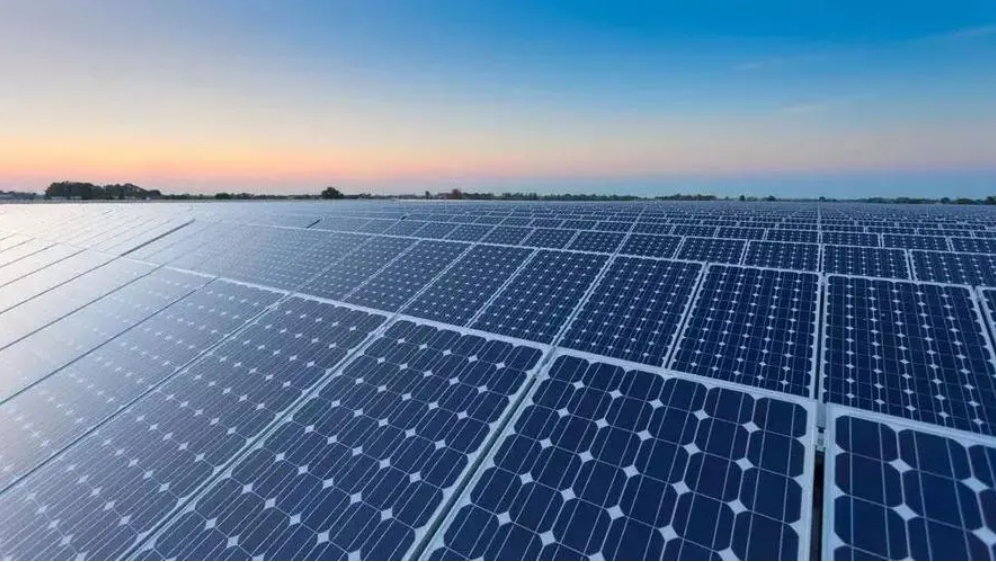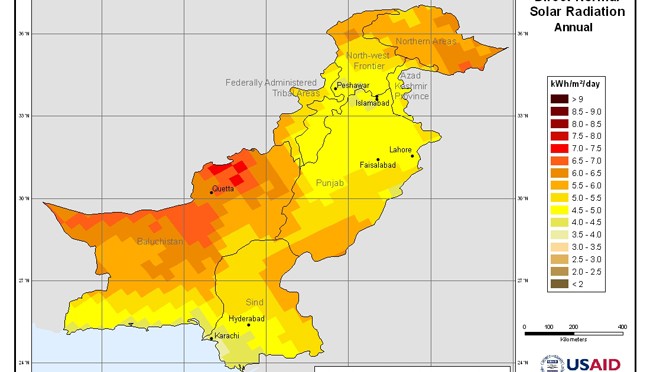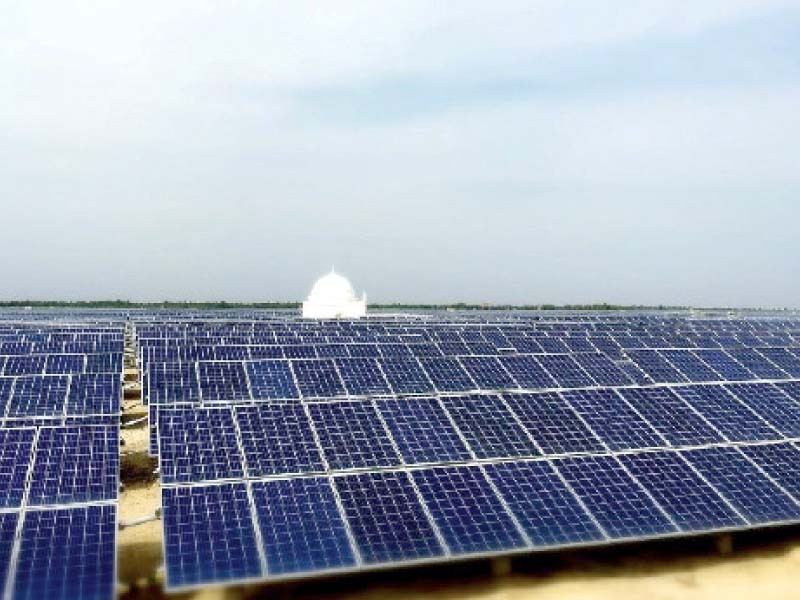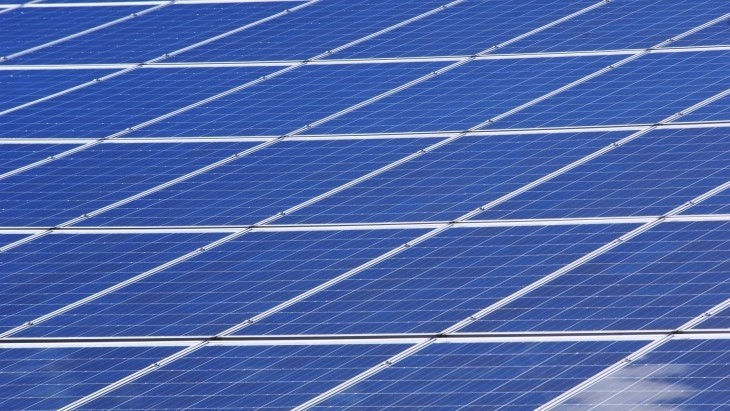Group14, a provider of silicon-carbon composite materials (earlier post) and China-based Li-ion battery maker Farasis Energy reported a 25% boost in energy density for EV batteries made with Group14’s silicon-carbon anode material.
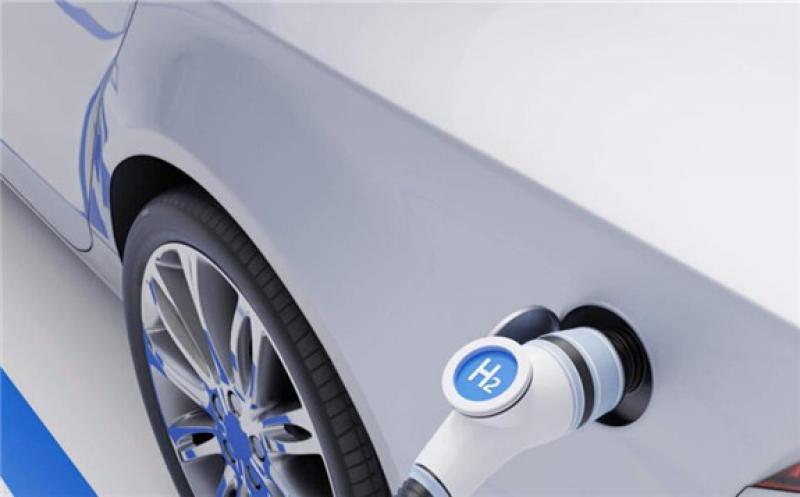
In cells built and tested by Farasis utilizing Group14’s flagship silicon-carbon anode material SCC55 (earlier post), Farasis achieved an increase in energy density that would enable them to reach 330 Wh/kg in typical automotive cells with more than 1000 charge-discharge cycles. The battery EV cell will have a volumetric energy density of 750 Wh/l.
Compared to typical automotive EV batteries on the market today with energy density in the range of 260 Wh/kg, a Farasis Energy automotive battery powered with SCC55 could increase EV range significantly without compromising cycle life standards set by high-quality graphites and synthetic graphites.
Farasis has battery partnerships with automotive OEMs Daimler and Geely.
Group14 investors include Amperex Technology Limited (ATL), BASF, Cabot Corporation, Showa Denko and SK materials.

